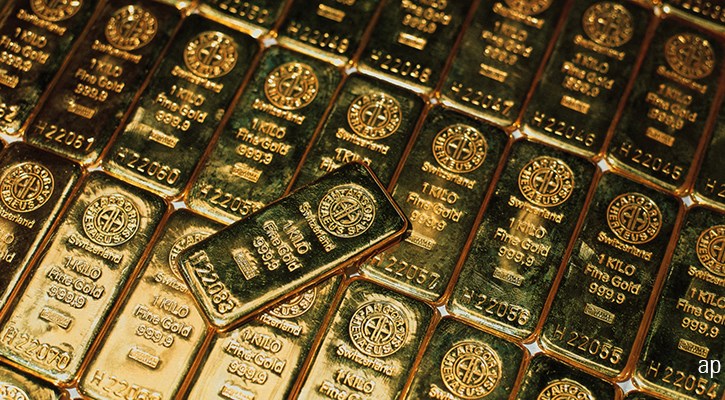
The United Kingdom imported zero fuel from Russia during the month of June, official figures published today show, the first such halt recorded.
According to the Office for National Statistics (ONS), the importing of Russian goods also dropped in June to just £33 million, the lowest level of purchasing since 1997.
In 2021, Russia was the UK's largest supplier of refined oil, accounting for 24.1% of imports. It also accounted for 5.9% of the UK's crude oil imports, and 4.9% of gas imports.
Following the country's invasion of Ukraine in February this year, the British government moved to sever economic ties between the UK economy and Russia. As a result, by June the UK was importing zero refined oil, crude oil, gas, coke or briquettes from it.
Not all economic ties have been cut, however. The UK still exports certain goods to the Russian Federation, and, although exports to Russia increased slightly in June from May levels, overall exports to the country had dropped by two-thirds when compared with a monthly average in the year to February 2022.
While some may describe the sanctions in triumphant terms, the full impact of the decision on the UK economy is yet to be seen. Today the fixed income team at asset manager PGIM downgraded its expectations of UK growth in 2022, amid what may already be a recession.
"In the UK, we have revised down our 2022 GDP forecast to 3.5% from 4.1%, while the 2023 estimate is revised down to -0.1% from 0.8%," says Katherine Neiss, the company's chief European economist.
"The economy’s momentum fell sharply in Q2, and the costly passthrough of energy prices to consumers is expected to weigh heavily on consumption.
"In terms of economic growth, our base case now assumes Europe will experience a mild recession this winter, bringing down 2023 GDP to 0.7% from 1.3%. Our updated forecast also includes a severe scenario, in which growth will contract as much as 2% next year."





























